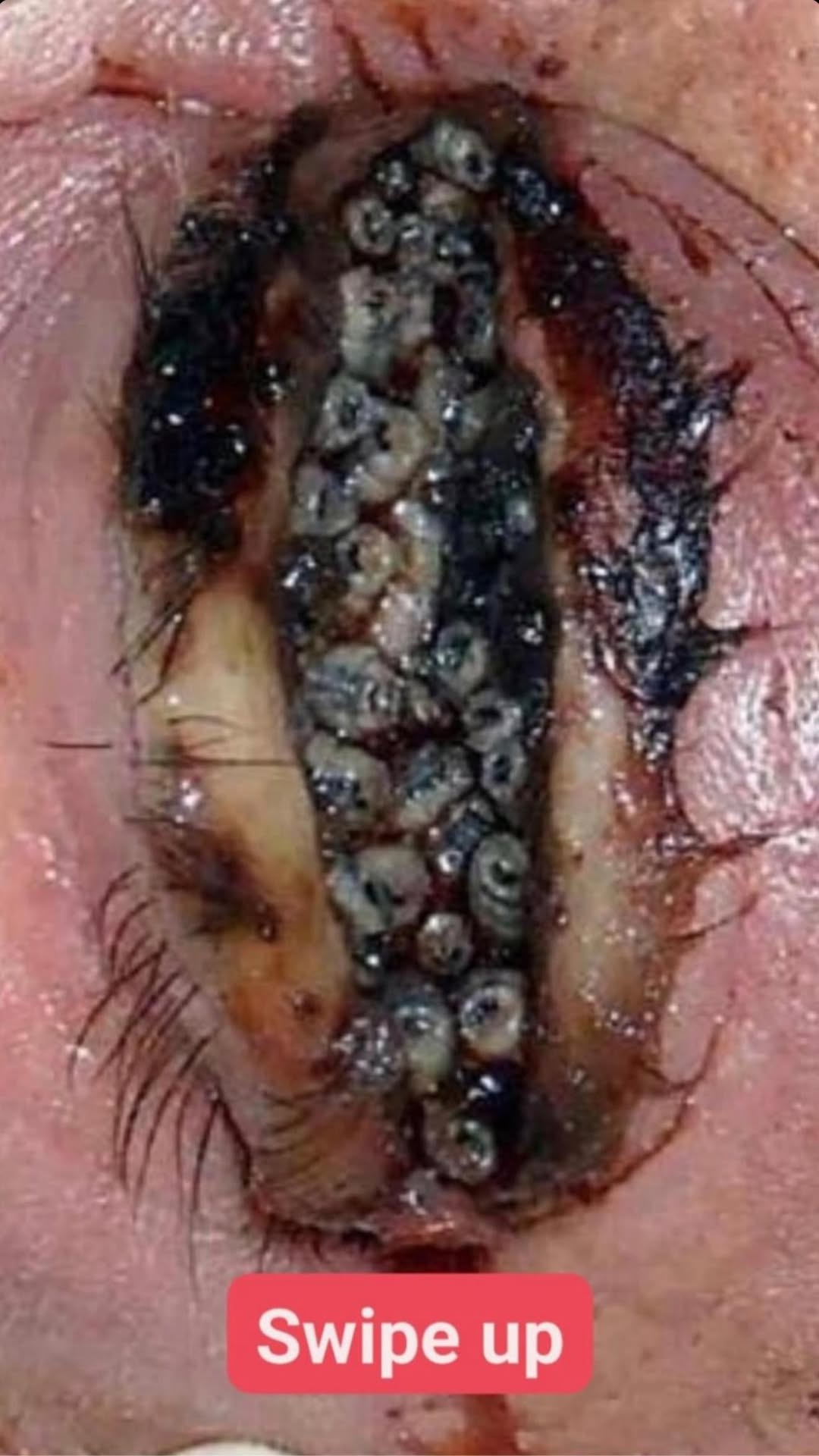If you’re experiencing cysts, nodules, or deep, painful acne, it’s a sign that your skin condition might be more serious than the typical pimples that come and go. These forms of acne are not just unsightly—they can be incredibly uncomfortable and often resistant to the over-the-counter treatments that work for milder cases. More importantly, if left untreated, severe acne has the potential to cause lasting damage, including permanent scars that can affect your confidence and self-esteem for years to come.
Cysts and nodules are among the most troublesome types of acne. These are large, inflamed bumps that form deep within the skin, often accompanied by intense pain and a sense of swelling. Unlike surface-level pimples, which are usually easy to pop or squeeze, cysts and nodules sit beneath the skin’s surface, making them difficult to treat with creams or topical solutions. Because they are so deep, they tend to persist longer and can sometimes worsen if disturbed. Their inflamed nature not only causes pain but also leaves a visible mark once they heal, potentially leading to scars.
If you notice that your acne has progressed to this level, it’s time to seek help from a dermatologist. A specialist in skin conditions can evaluate the severity of your acne and recommend treatments tailored specifically to your needs. For example, corticosteroid injections are often used to quickly reduce inflammation and shrink cysts and nodules. These injections deliver anti-inflammatory medication directly into the large, painful bumps, providing rapid relief and significantly decreasing the risk of scarring.
In addition, dermatologists can prescribe medications such as oral antibiotics, hormonal treatments, or isotretinoin (commonly known by its brand name, Accutane). These medications target the underlying causes of severe acne—such as bacterial overgrowth or hormonal imbalances—and help reduce the occurrence of cysts and nodules over time. Sometimes, a dermatologist might also perform gentle extraction procedures to carefully remove large cysts or stubborn lesions, but these should only be done by a professional to avoid further skin damage or infection.
Severe acne isn’t restricted just to the face—it can also affect areas like the chest and back, making it a widespread issue for some individuals. This widespread nature can be distressing, especially since these areas are more difficult to conceal. It’s important to understand that acne severity is classified into mild, moderate, and severe categories. If your acne falls into the severe category, simple topical treatments won’t cut it, and more aggressive, comprehensive interventions are often necessary.
Dealing with severe acne can be emotionally taxing, too. The pain and visible scars can diminish self-confidence, making everyday activities like socializing or even going to work difficult. That’s why early consultation with a dermatologist is so vital. They won’t just treat the acne—they’ll help you understand what’s happening beneath the surface, what treatments are most effective, and how to prevent future breakouts and scarring.
If you notice that your acne symptoms fit this description—persistent, painful bumps, deep cysts, and extensive outbreaks—don’t delay scheduling an appointment. Proper treatment can make all the difference in restoring your skin’s health and your peace of mind. Remember, severe acne is manageable, and with the right professional guidance, you can regain control of your skin and confidence.






